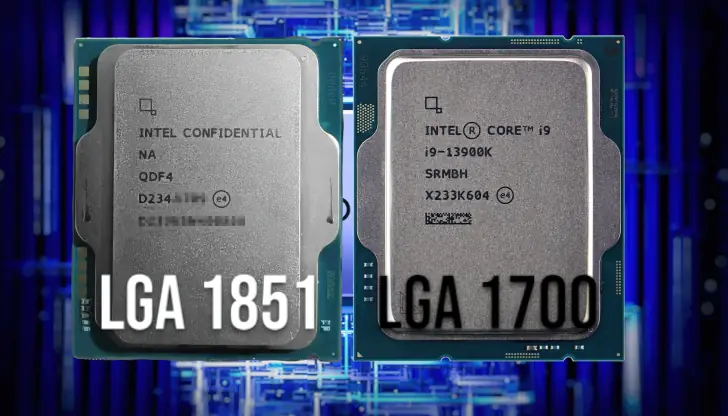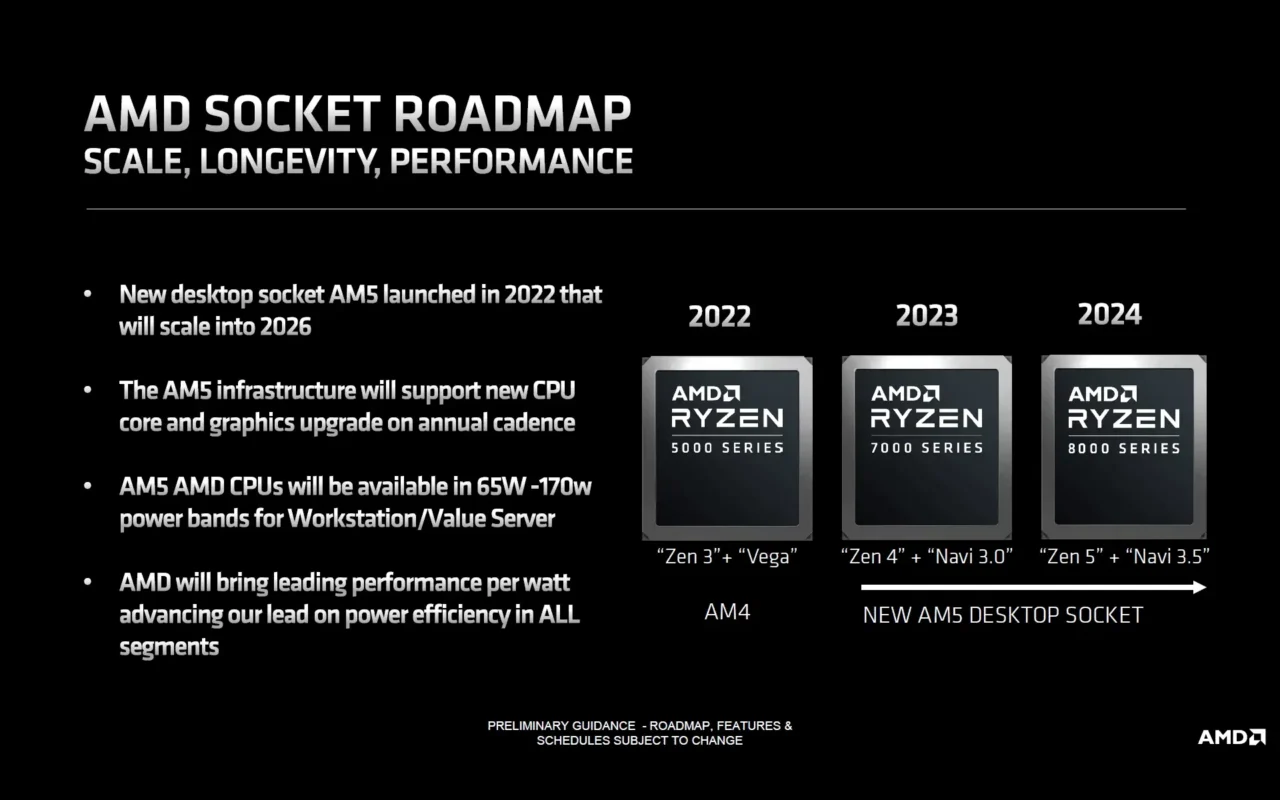Digital enthusiasts all know that Intel generally adjusts and changes the processor interface every two generations. For consumers, this means existing motherboards won’t be compatible with the new generation processors and must be upgraded to replace the motherboard.
Currently, the 600 series motherboards with the LGA 1700 interface can support 12th to 14th-generation Core processors, but the next generation will change the interface; this is a certainty.

As for AMD, recently, AMD executive David Mcafee (Figure 1) reiterated in a media interview that the existing AM5 platform (emphasis on motherboards) will serve until at least 2025.
The statement from the AMD executive must be correctly understood, and it carries two implications:
- Firstly, by 2025, AMD might release a new generation of processors and could adjust or change the processor interface. However, simultaneously, they won’t immediately abandon or phase out the AM5 platform and motherboards. They are likely to continue releasing several new processors based on the AM5 platform along with corresponding BIOS updates, without excluding either.
- Secondly, in the next two to three years, AMD might still introduce a new generation of chipsets and motherboards based on the AM5 platform, such as the 700 series.
Currently, the latest rumors suggest that motherboard collaborations will launch in the third quarter of 2024 with chipsets for both Intel’s 800 series and AMD’s 700 series.
The new generation of motherboards will arrive approximately a year later. While a year may seem lengthy and distant for regular consumers, for downstream motherboard collaborators, this time is not extensive because they must advance adaptability and conduct research and development in advance.

In 2024, Intel is set to launch the Arrow Lake-S processor, which will feature a brand-new LGA 1851 socket. Existing 600 and 700-series motherboards will not be compatible with this new processor.
Intel will also simultaneously release the 800 series chipsets and motherboards, including the high-end Z890, mid-range mainstream H860, and entry-level H810 motherboards. Additionally, they will introduce the W880/Q870 chipsets designed for workstations and commercial products, maintaining their naming conventions from previous releases.

As for AMD, there’s a possibility that AMD might launch the Ryzen 8000 “Granite Ridge” processor in 2024, along with corresponding 700 series chipsets and motherboards. However, they will still be based on the AM5 platform.
The relationship between the 700 series chipsets and the 600 series chipsets is similar to that between the B550 and B450 chipsets. The latter won’t entirely replace the former but will rather undergo certain improvements and enhancements based on the former.
Existing users of the 600 series motherboards will have the option to upgrade to the new BIOS version, allowing them to have the same processor support as the 700 series motherboards. There won’t be any major differences in terms of primary functionalities, so there’s no need for concern regarding this matter.
However, there’s a significant aspect worth noting about AMD’s 700 series motherboards. The current high pricing of existing 600 series motherboards primarily stems from the employment of a dual-chip design (refer to the diagram above), which increases production costs. It’s worth anticipating whether AMD will enhance and introduce an entirely new single-chip solution, thereby substantially reducing the prices of the 700 series motherboards. This prospect is highly anticipated and awaited.
If AMD pursues this strategy, there’s potential for a significant reduction in the prices of the 700 series motherboards, making them more affordable. If these motherboards support more new features while being priced lower, it is expected that they will be highly welcomed by consumers and quickly replace the 600 series motherboards.
Moreover, there are rumors that both the next-generation processors from Intel and AMD will incorporate artificial intelligence units. Allegedly, the Windows 12 operating system, rumored to be released in June 2024, will also undergo an artificial intelligence reconstruction. Hence, it is anticipated that in the next one to two years, there will be a relatively profound and significant transformation in the realm of consumer-grade computing, incorporating substantial advancements in artificial intelligence.

Related:
- When Choosing a Gaming Computer with Intel i5 Processor?
- Mastering Motherboard Selection: Tips & Compatibility



